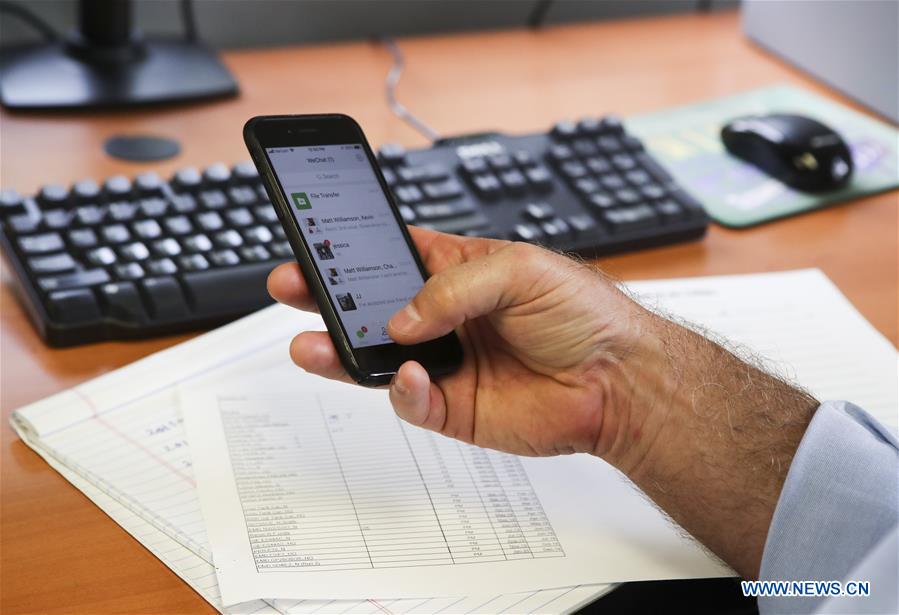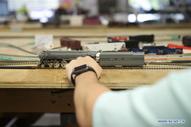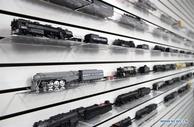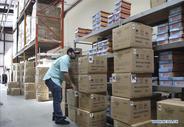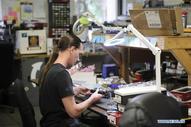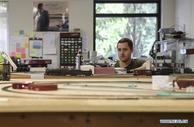New tariffs on Chinese goods would sink U.S. model train industry -- import firm CEO
Washington's threatened tariffs on remaining Chinese imports would sink the U.S. model train industry and force bread earners in hundreds of families to lose their jobs, warned the CEO of a U.S. import firm.
"If we were to have the 25-percent tariffs imposed on this product, if we couldn't find a way around that, it would probably put us out of business," said Bob Grubba, president and CEO of Broadway Limited Imports, in a recent interview at his office in Ormond Beach, Florida.
The United States in May raised additional tariffs on 200 billion U.S. dollars' worth of Chinese imports from 10 percent to 25 percent, and threatened to levy extra duties on more Chinese products.
"This whole industry, almost everything in the industry is manufactured in China," said Grubba, who has been working with his partners in the coastal city of Qingdao in China's Shandong Province for almost 20 years.
Most of these companies have a "profit margin in the range of 30 percent," and if they were to pay a 25-percent tariff, the left 5 percent will not be enough for them to pay rent, insurance and other bills, Grubba said.
"We would have to raise prices. A certain number of people just can't afford it anymore ... That will be a big problem for us," he said.
The model train industry in the United States is a fairly small business but a lot of companies and people are involved, Grubba said.
"Around 500 people that work for manufacturers like us, the importers and manufacturers, but that doesn't include all the hobby stores," he said.
"There are probably 1,000 hobby stores in the United States that sell this type of product. Each of those ... maybe ... got five to 10 employees, so that's another 5,000 people. I think those hobby stores would probably close," he added.
The idea to relocate production out of China is also unrealistic, Grubba said, noting that it is hard for toy industry businesses to find another country with comparable infrastructure, skilled workers, as well as the research and development capabilities.
"It's difficult to move a factory (out of China) because our product is very specialized. It took us a long time to train the workers at the factories and train the engineers and get the quality the way it's supposed to be," he said.
"And if we try to move to another country, then you have to develop that expertise all over again," he said. "That takes a long time (and) a lot of money."
